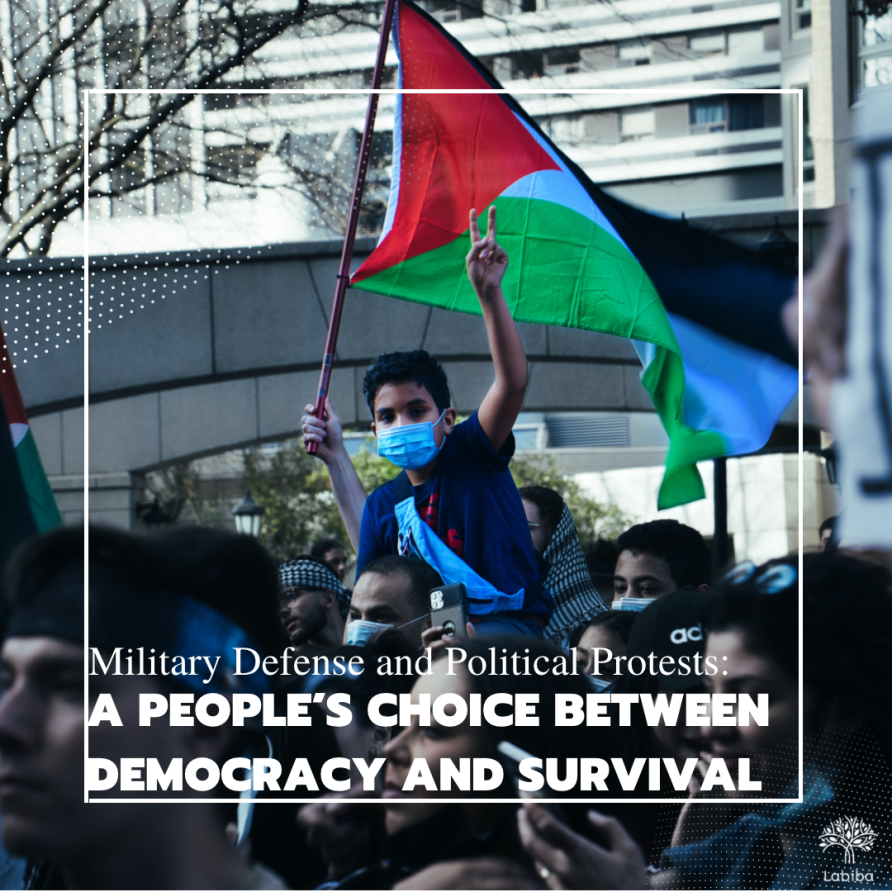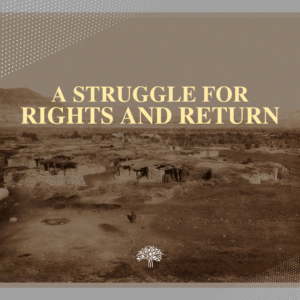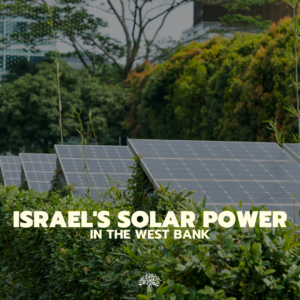The exasperation of a people who forego their own democratic right to vote stresses once again the endemic divergence between the interests of Palestinians and those of their leaders.
A heart-felt need to vote
While Netanyahu, Abu Mazen, and Hamas benefitted from the escalation of tension, the ‘Jerusalem crisis’ saw the Palestinian people defeated once again. With dissent and indignation, they raised cries of war and moved away from the electoral rounds. Abu Mazen’s decision to postpone the long-awaited May legislative and presidential elections had left them angry, frustrated, and politically impaired. Palestinians’ heart-felt need to vote depicts a nation throttled by usurpations of power and constitutional crimes. And, most importantly, it shows a people longing for lasting, liberating democracy.
The elections should have taken place in May 2021. After the Islamist party Hamas had beaten the secular movement Fatah in the 2006 Palestinian Legislative Council elections, the Palestinian democratic process stalled. Fifteen years of floundered reconciliation efforts, an absence of diplomatic discussions between the Palestinians and Israel, several armed conflicts; deteriorating conditions in Gaza, escalating internal tensions, and thousands of deaths. The Palestinian people wanted to exercise their right to vote. They craved democracy, only to see their democratic dream set aside for the benefit of others.
Mantaining the status quo
Demonstrations against the negligence of Palestinian leaders regarding their people’s needs and rights spread alongside the will to end an endemic state of corruption and favouritism that has been gnawing at the Palestinian leadership for too long.
The current leadership feared that the elections could result in a loss of power and its inevitable shift towards Hamas. “Analysts expected that the vote could allow Hamas to extend its power into the West Bank because Fatah’s internal divisions indicated that elections could further undermine PA President Abu Mazen’s power.”
The voice of the Palestinian people was not taken into consideration given Abu Mazen’s desire to maintain the status quo, even with Israel. This explains why he officially stated the necessity of waiting for Israeli approval of East Jerusalem’s vote, without which the elections must not occur. Knowing that Israel would not approve nor facilitate the electoral process, as it already happened in 2006, Abu Mazen postponed the elections, preserving the economic, administrative, and political power in the hands of unelected officials.
Palestinian voters denounced Mazen’s decision, arguing that timely elections could, indeed, take place. “Israel declared that it never notified the Palestinian Authority of its refusal to hold elections in Jerusalem” and “the European Union, the mediator for this election dispute, also rejected Mazen’s postponement rationale on the same basis.” While he benefits from this unaltered state of corruption, the Palestinian people continue to suffer from the constant land expropriation and domestic violence without being able to address such issues in a fair parliament. It is a matter of choice, a difficult one, between fighting for democracy and fighting for survival. In light of the recent outburst of violence between Israel and Hamas, Palestinians’ priorities were forced to change. At least until December.
The same unsolved problems
The expectations for a groundbreaking power shift in Palestinian leadership did not meet reality after Hamas and several main parties had boycotted the first electoral round held in December 2021 “given uncertainty about whether the second round would actually be held, the Palestinian Authority’s continued refusal to hold legislative and presidential elections, and exclusion of Gaza”. If the outcomes of the second electoral round, which is expected to occur in March 2022, result in a promising step toward an effective democracy, then the two-phases 2021-2022 Palestinian elections can be considered a democratic success. The road, however, is still uncertain.
What we witnessed in East Jerusalem is the result of the same dynamics that have characterized the region for decades. The same unsolved problems recur while the bloodshed continues; this time, it reached Al Aqsa, and the subsequent response caused the region to fall into a new state of chaos. Once again, violence was used in “the absence of the slightest political perspective and a successful peace process.”
A focus on the people
At this point, it is crucial to face the difficulty of the conflict without reckon it an impasse. The multidimensional complexity that lies in the search for a single geopolitical actor to blame (and the inherent confusion that arises from any attempt to comprehensively understand the causes of the Arab-Israeli wars) derives from a persistent attempt to address the dynamics of the conflict as driven purely by ethnicity. The perceived tribal nature of the conflict has been coercive and misleading in forcing the people involved and the international community to choose between two alternatives: whether to be pro-Israeli or pro-Palestinian. Not only has this simplification proven dangerous, especially in hindering a broader analysis of the struggle, but it also worsens the conflict’s polarisation.
It is necessary to consider the linear concatenation of the historical processes. Blaming one side and victimising the other is a sterile approach, given the stratification of their misconducts over the years. A bipolar analysis is also exclusory since it focuses primarily on the geopolitical aims and military actions of the Israelis and Palestinians; thereby overshadowing the roles of the post-colonial powers, the UN, the Arab states, and the domestic issues of the Israelis and the Palestinians.
This time, after the events of this spring and their ongoing consequences, the world needs to focus on the Palestinian and Israeli people rather than their leaders’ conduct. Their struggles, if heard, might lead global actors to look at the conflict with new, more empathic eyes.
Marta Lioce




